The Physical Effects of Steroid Abuse
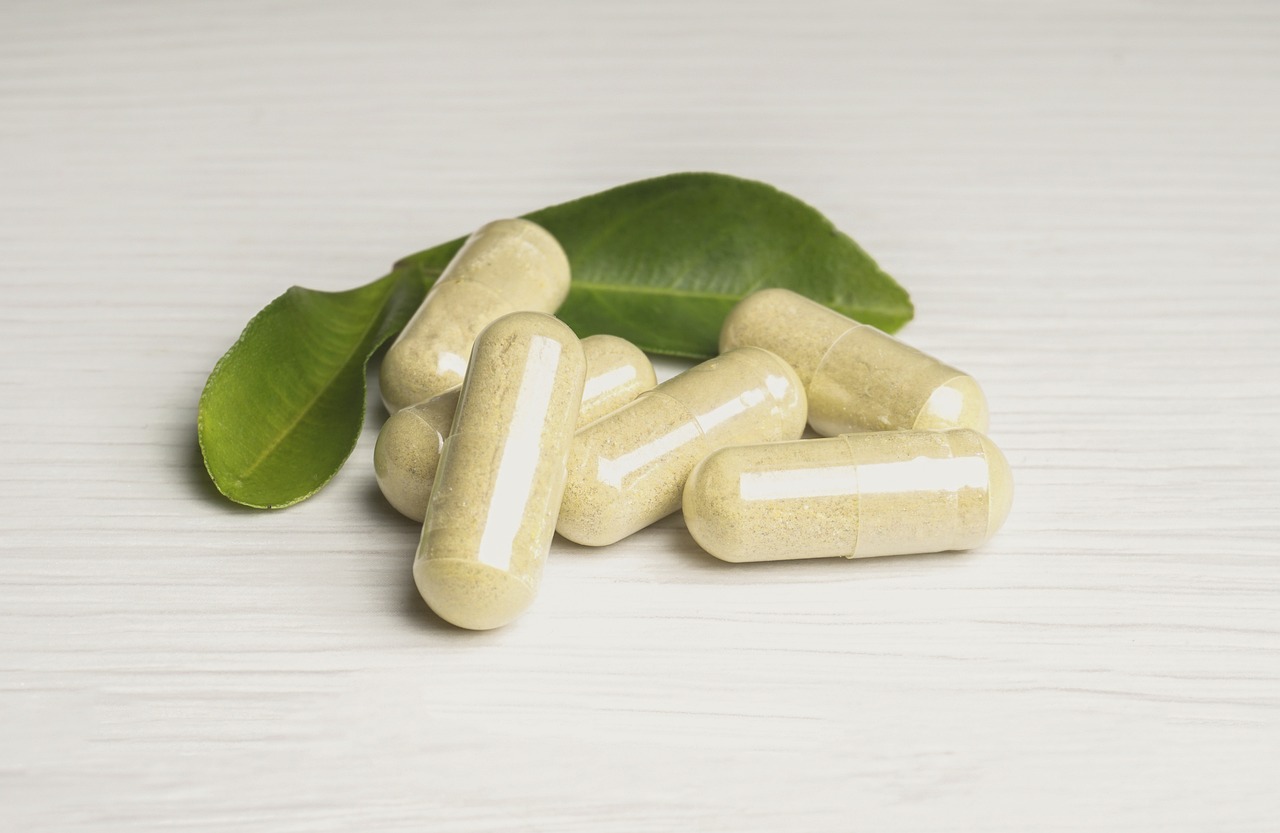
Steroid abuse is a topic that often sparks intense debate. While some may tout the physical advantages, the darker side of steroid use can have devastating consequences on health. Many people are unaware of the serious physical effects that come with this practice. From hormonal imbalances to cardiovascular issues, the risks extend far beyond what one might expect. Understanding these dangers is crucial for anyone considering or currently using steroids, as knowledge can empower better choices and ultimately safeguard well-being. Let’s delve into how steroid abuse impacts various aspects of health and why it deserves serious attention.
Hormonal Imbalances
 Steroid abuse wreaks havoc on the body’s delicate hormonal balance. These substances mimic testosterone, leading to an overload that disrupts natural production. This can result in a host of issues. For men, excessive steroid use may shrink testicles and reduce sperm count. Women are not immune either; they might experience deepened voices or irregular menstrual cycles. The effects can be distressing and long-lasting. Beyond reproductive hormones, steroids also affect cortisol levels and other vital systems. Elevated stress hormones can lead to anxiety and mood swings, creating an unsettling cycle of emotional instability.
Steroid abuse wreaks havoc on the body’s delicate hormonal balance. These substances mimic testosterone, leading to an overload that disrupts natural production. This can result in a host of issues. For men, excessive steroid use may shrink testicles and reduce sperm count. Women are not immune either; they might experience deepened voices or irregular menstrual cycles. The effects can be distressing and long-lasting. Beyond reproductive hormones, steroids also affect cortisol levels and other vital systems. Elevated stress hormones can lead to anxiety and mood swings, creating an unsettling cycle of emotional instability.
Cardiovascular Issues
Steroid abuse poses significant risks to cardiovascular health. Synthetic hormones can lead to elevated blood pressure, increasing the strain on the heart. Users often experience changes in cholesterol levels. There’s a tendency for LDL (bad cholesterol) to rise and HDL (good cholesterol) to drop. This imbalance contributes to artery plaque buildup, heightening the risk of heart disease. Additionally, steroids can cause left ventricular hypertrophy, a condition where the heart’s walls thicken. This change impacts how effectively the heart pumps blood throughout the body.
Liver Damage
Liver damage is a severe consequence of steroid abuse. The liver processes everything we ingest, including steroids. When these substances flood the system, the liver can struggle to keep up. One major issue is that anabolic steroids can lead to hepatotoxicity. This means they directly harm liver cells and impair their function. Long-term use increases the risk of developing fatty liver disease or even hepatitis. Moreover, users may experience elevated enzyme levels in blood tests, indicating stress on this vital organ. Over time, scar tissue can form due to overwork and inflammation.
Skin Changes
 Steroid abuse can lead to various skin changes that are often alarming. Many users experience acne outbreaks, particularly on the back and shoulders. This condition arises due to increased oil production in the skin. Additionally, some may notice their skin becoming thicker or more oily. This change occurs because steroids stimulate sebaceous glands, leading to a greasier complexion over time. Another common issue is stretch marks. Rapid muscle growth caused by anabolic steroids can result in these unsightly marks as the skin struggles to keep up with stretching tissues beneath.
Steroid abuse can lead to various skin changes that are often alarming. Many users experience acne outbreaks, particularly on the back and shoulders. This condition arises due to increased oil production in the skin. Additionally, some may notice their skin becoming thicker or more oily. This change occurs because steroids stimulate sebaceous glands, leading to a greasier complexion over time. Another common issue is stretch marks. Rapid muscle growth caused by anabolic steroids can result in these unsightly marks as the skin struggles to keep up with stretching tissues beneath.
The physical effects of steroid abuse are profound and can lead to lasting health complications. Hormonal imbalances disrupt the body’s natural processes, causing a wide range of issues from mood swings to infertility. Cardiovascular problems arise as steroids strain the heart, increasing risks of severe conditions like heart attacks and strokes. Understanding these consequences is crucial for anyone considering steroid use. Awareness can empower individuals to make informed choices about their health and well-being. Prioritizing safety over short-term gains often leads to better long-term outcomes in both physical fitness and overall quality of life.…

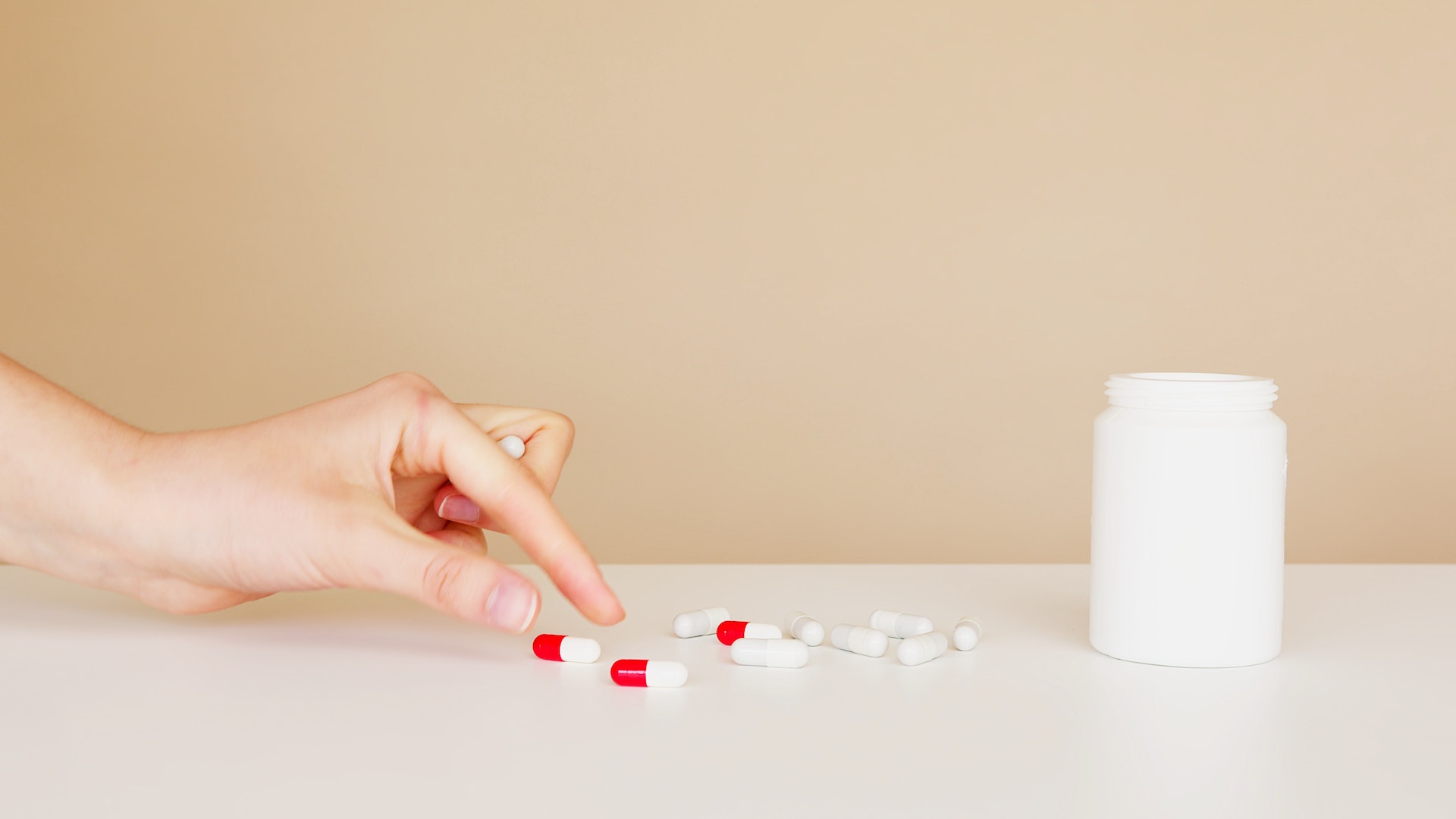




 Regular exercise is not only beneficial for our physical health but also plays a significant role in reducing stress. When we engage in physical activity, our body releases endorphins, also known as “feel-good” hormones. These endorphins help improve our mood and promote relaxation. You don’t have to become a gym enthusiast or run marathons to reap the benefits of exercise. Find an activity you enjoy- dancing, hiking, swimming, or even taking brisk walks around your neighborhood. The key is to incorporate movement into your daily routine. It is known that some people play golf to help alleviate the stress they feel. If you want to invite you friends over, you should consider golf simulator rental.
Regular exercise is not only beneficial for our physical health but also plays a significant role in reducing stress. When we engage in physical activity, our body releases endorphins, also known as “feel-good” hormones. These endorphins help improve our mood and promote relaxation. You don’t have to become a gym enthusiast or run marathons to reap the benefits of exercise. Find an activity you enjoy- dancing, hiking, swimming, or even taking brisk walks around your neighborhood. The key is to incorporate movement into your daily routine. It is known that some people play golf to help alleviate the stress they feel. If you want to invite you friends over, you should consider golf simulator rental. Mindfulness is a powerful practice that involves paying attention to the present moment without judgment. It allows us to fully experience and engage in our surroundings, thoughts, and emotions. It is known that mindfulness can help a person reduce stress levels and promote a sense of calm and clarity by focusing on the here and now. A great way to incorporate mindfulness into your daily routine is through meditation. Find a quiet space, close your eyes, and take deep breaths while intentionally observing your thoughts as they arise. This practice helps cultivate an awareness of the present moment while quieting the mind.
Mindfulness is a powerful practice that involves paying attention to the present moment without judgment. It allows us to fully experience and engage in our surroundings, thoughts, and emotions. It is known that mindfulness can help a person reduce stress levels and promote a sense of calm and clarity by focusing on the here and now. A great way to incorporate mindfulness into your daily routine is through meditation. Find a quiet space, close your eyes, and take deep breaths while intentionally observing your thoughts as they arise. This practice helps cultivate an awareness of the present moment while quieting the mind.
 When it comes to muscle repair and recovery, protein is your ultimate ally. After intense workouts or physical activity, your muscles undergo microscopic damage. This is completely normal and necessary for growth and adaptation. However, for this process to occur effectively, the body needs an adequate supply of amino acids – the building blocks of protein. Protein provides these essential amino acids that help repair damaged muscle tissue at a cellular level.
When it comes to muscle repair and recovery, protein is your ultimate ally. After intense workouts or physical activity, your muscles undergo microscopic damage. This is completely normal and necessary for growth and adaptation. However, for this process to occur effectively, the body needs an adequate supply of amino acids – the building blocks of protein. Protein provides these essential amino acids that help repair damaged muscle tissue at a cellular level. Another benefit of protein for your muscles is improved strength and function. When you engage in regular resistance training, your muscles undergo stress and micro-tears, which must be repaired for optimal functioning. Protein plays a crucial role in this repair process, as it provides the building blocks necessary for muscle tissue synthesis.
Another benefit of protein for your muscles is improved strength and function. When you engage in regular resistance training, your muscles undergo stress and micro-tears, which must be repaired for optimal functioning. Protein plays a crucial role in this repair process, as it provides the building blocks necessary for muscle tissue synthesis.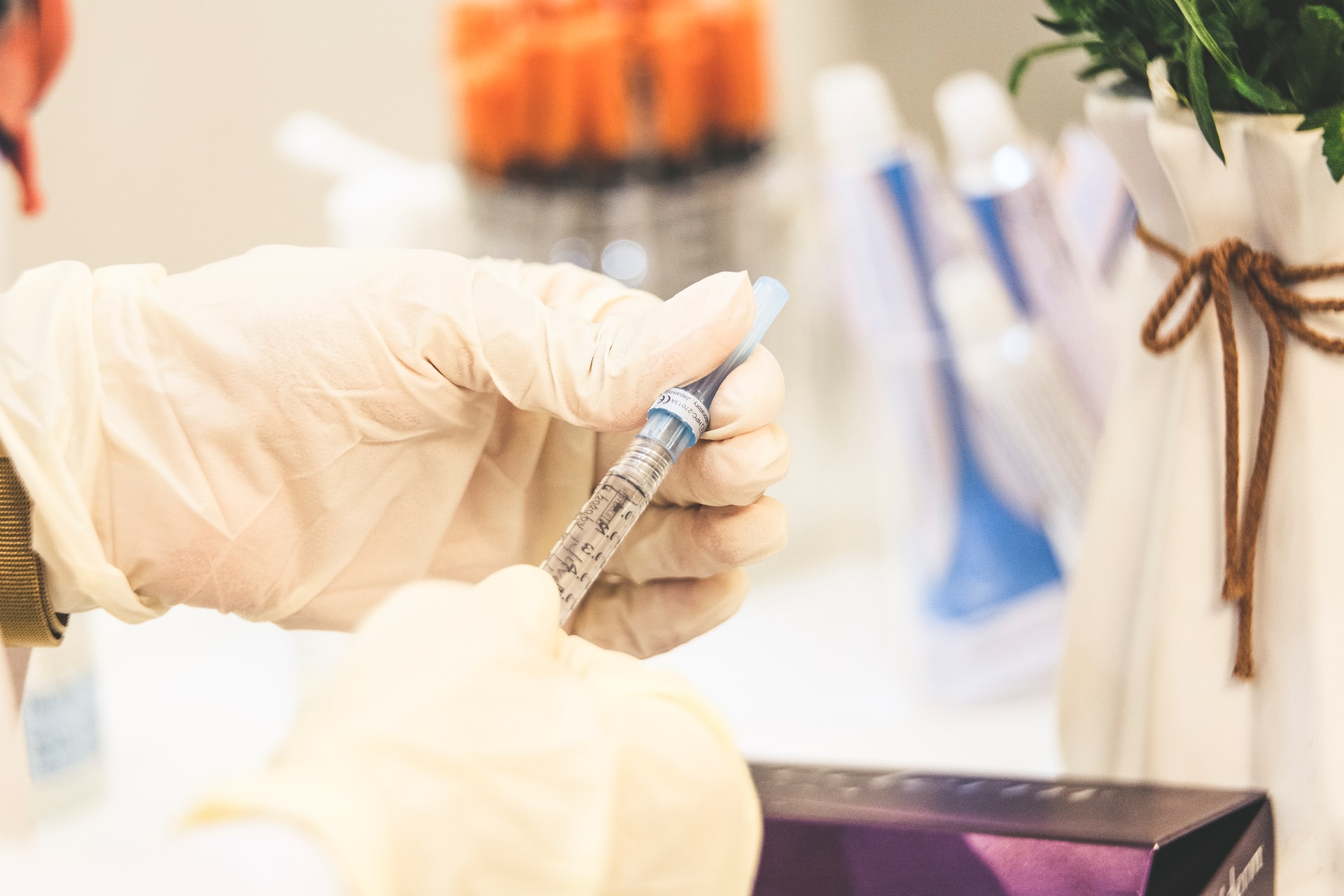
 Everything in excess is bad for you, and that includes anabolic steroids. These drugs can lead to liver damage, high blood pressure, and even heart attacks when taken in large doses. In some cases, they have also been known to cause cancer. So if you are considering using them, it is crucial to be aware of the risks involved. A famous bodybuilder named Andreas Munzer from Austria died at the age of 31 from liver and kidney failure due to his use of anabolic steroids. Another bodybuilder, Rich Piana, also died at the age of 46 from a heart attack. Both these men were well-known for their use of anabolic steroids, ultimately leading to their untimely deaths.
Everything in excess is bad for you, and that includes anabolic steroids. These drugs can lead to liver damage, high blood pressure, and even heart attacks when taken in large doses. In some cases, they have also been known to cause cancer. So if you are considering using them, it is crucial to be aware of the risks involved. A famous bodybuilder named Andreas Munzer from Austria died at the age of 31 from liver and kidney failure due to his use of anabolic steroids. Another bodybuilder, Rich Piana, also died at the age of 46 from a heart attack. Both these men were well-known for their use of anabolic steroids, ultimately leading to their untimely deaths. Sex-related issues are ubiquitous among steroid users; these can involve erectile dysfunction, shrinking testicles, and even impotency. Many bodybuilders suffer these kinds of problems due to their heavy steroid use, and if you don’t moderate them and choose to abuse the drug, you will be the one taking the beating. So, always consult your doctor before using. In conclusion, there are many dangers associated with the use of anabolic steroids. If you are thinking about using them, it is crucial to be aware of the risks involved. These drugs can lead to serious health complications and even death. Therefore, it is essential to consult with a doctor before using them.…
Sex-related issues are ubiquitous among steroid users; these can involve erectile dysfunction, shrinking testicles, and even impotency. Many bodybuilders suffer these kinds of problems due to their heavy steroid use, and if you don’t moderate them and choose to abuse the drug, you will be the one taking the beating. So, always consult your doctor before using. In conclusion, there are many dangers associated with the use of anabolic steroids. If you are thinking about using them, it is crucial to be aware of the risks involved. These drugs can lead to serious health complications and even death. Therefore, it is essential to consult with a doctor before using them.…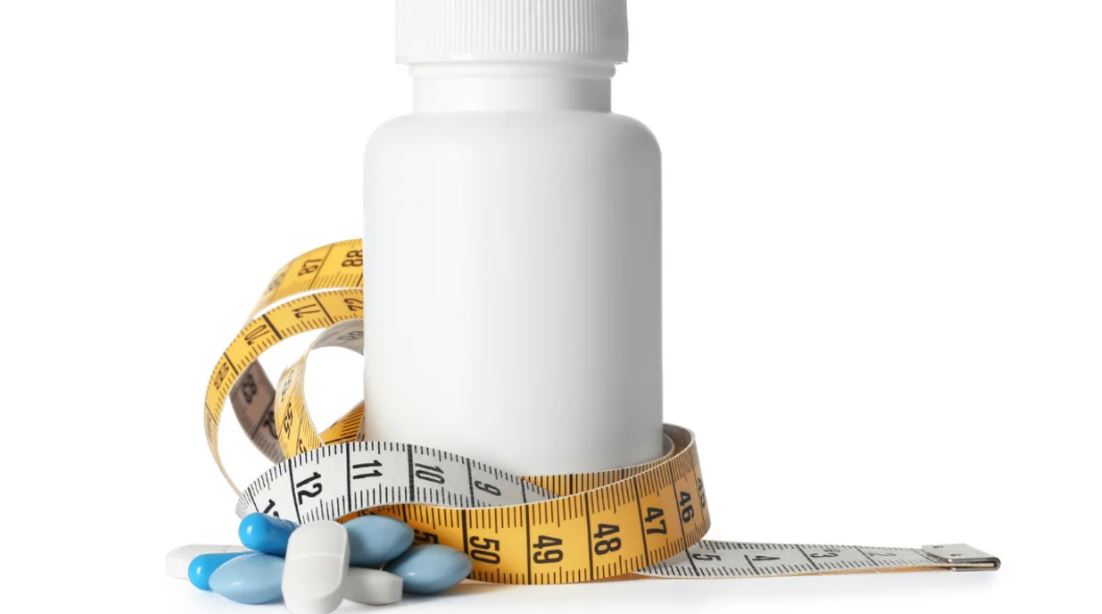
 To help the body drain toxins and keep you hydrated throughout the day, it is advisable to drink enough water and drink regularly throughout the day without waiting to feel thirsty. Sweating, sports, and fat burners increase thirst, and it is important to have at least 2.5 to 3 litres of water per day.
To help the body drain toxins and keep you hydrated throughout the day, it is advisable to drink enough water and drink regularly throughout the day without waiting to feel thirsty. Sweating, sports, and fat burners increase thirst, and it is important to have at least 2.5 to 3 litres of water per day. It is not recommended to take a dosage higher than that recommended by the brands. The results will not be better, and you risk having side effects like those caused by an overdose of caffeine: difficulty sleeping, mood disorders, great nervousness, nausea, etc. Burners serve as a last resort and should supplement your diet and exercise.
It is not recommended to take a dosage higher than that recommended by the brands. The results will not be better, and you risk having side effects like those caused by an overdose of caffeine: difficulty sleeping, mood disorders, great nervousness, nausea, etc. Burners serve as a last resort and should supplement your diet and exercise.
 Immune boosters have different ingredients that make up the supplement and have natural properties to help the immune system fight diseases. The immune system is suppressed by many lifestyle factors such as lack of enough sleep, stress, and proper nutrition. If you choose the right supplement, it will increase the level of immunity and help the body fight infections. Consider checking the package’s ingredients to avoid buying products that have components that have allergic reactions to your body.
Immune boosters have different ingredients that make up the supplement and have natural properties to help the immune system fight diseases. The immune system is suppressed by many lifestyle factors such as lack of enough sleep, stress, and proper nutrition. If you choose the right supplement, it will increase the level of immunity and help the body fight infections. Consider checking the package’s ingredients to avoid buying products that have components that have allergic reactions to your body. There are several supplements in the market today that have immune-boosting properties. They come in various forms such as tablets, lozenges and capsules but have the power to boost your immune system. Some people have trouble swallowing pills, and for such people, it is essential to choose liquid supplements or chewable tablets that effectively boost the body’s immune system.
There are several supplements in the market today that have immune-boosting properties. They come in various forms such as tablets, lozenges and capsules but have the power to boost your immune system. Some people have trouble swallowing pills, and for such people, it is essential to choose liquid supplements or chewable tablets that effectively boost the body’s immune system.



 Workouts are crucial for muscle building, and this includes multi-joint exercises, like pull-ups, squats, lunges s and so on. These compound exercises make the testosterone levels to go up, and the hormone is crucial for building muscles. However, you do not have to limit yourself to workouts only. Still, you can optimize daily activities like using stairs instead of the elevator, and that will aid in building muscles in abdomen, legs, buttocks and hips.
Workouts are crucial for muscle building, and this includes multi-joint exercises, like pull-ups, squats, lunges s and so on. These compound exercises make the testosterone levels to go up, and the hormone is crucial for building muscles. However, you do not have to limit yourself to workouts only. Still, you can optimize daily activities like using stairs instead of the elevator, and that will aid in building muscles in abdomen, legs, buttocks and hips.
 Ibutamoren helps athletes to build muscles rapidly. In fact, users can get between 15 and 20 pounds in an increase in muscle mass. Also, the supplement redirects all excess calories to the muscles. Thus, you can build muscles, even without exercising. Ibutamoren helps transform the body, and it does so in different ways. After ingesting it, the compound makes the pituitary glands to produce more growth hormone. When the growth hormone is released into the blood, it stimulates the liver to secrete IGF-1.
Ibutamoren helps athletes to build muscles rapidly. In fact, users can get between 15 and 20 pounds in an increase in muscle mass. Also, the supplement redirects all excess calories to the muscles. Thus, you can build muscles, even without exercising. Ibutamoren helps transform the body, and it does so in different ways. After ingesting it, the compound makes the pituitary glands to produce more growth hormone. When the growth hormone is released into the blood, it stimulates the liver to secrete IGF-1. As you know, when you get to a given age, the body may stop producing growth hormones. With the secretion of growth hormones, you can be assured of anti-aging benefits can make the skin and hair healthier. In fact, users state that they can feel better with the overall bodies. People who have been using Ibutamoren have reported better sleep patterns. That is because the supplement helps stimulate the ghrelin receptor that results in better sleep. Also, you will feel to have rested well. Every athlete needs a reinvigorating sleep to keep the routine going.
As you know, when you get to a given age, the body may stop producing growth hormones. With the secretion of growth hormones, you can be assured of anti-aging benefits can make the skin and hair healthier. In fact, users state that they can feel better with the overall bodies. People who have been using Ibutamoren have reported better sleep patterns. That is because the supplement helps stimulate the ghrelin receptor that results in better sleep. Also, you will feel to have rested well. Every athlete needs a reinvigorating sleep to keep the routine going.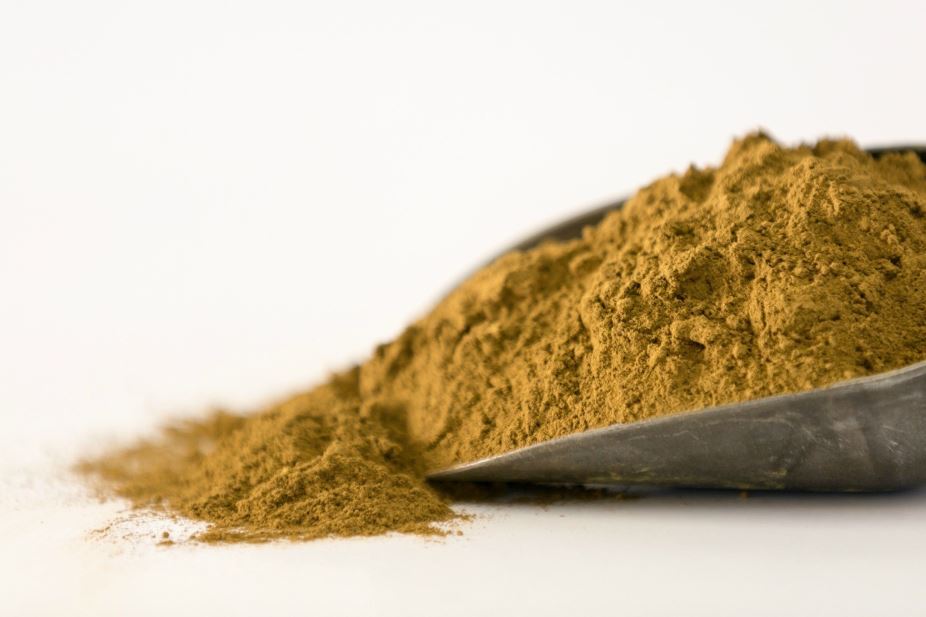
 should try out is kratom. It is a herbal supplement extracted from the leaves of Mitragyna speciosa tree, which grows in parts of southern Asia. It is a known stimulant and can treat a wide range of conditions. Some of the conditions that can be managed by kratom include opium withdrawal symptoms, chronic pain, anxiety, and digestive diseases.
should try out is kratom. It is a herbal supplement extracted from the leaves of Mitragyna speciosa tree, which grows in parts of southern Asia. It is a known stimulant and can treat a wide range of conditions. Some of the conditions that can be managed by kratom include opium withdrawal symptoms, chronic pain, anxiety, and digestive diseases. look for fresh kratom powder for the best results. Fresh kratom is super effective for treating several conditions. You are advised to buy from actual shops selling these supplements rather than getting them from the supermarket. The other thing you should do is look at the date of manufacture to tell its freshness levels.
look for fresh kratom powder for the best results. Fresh kratom is super effective for treating several conditions. You are advised to buy from actual shops selling these supplements rather than getting them from the supermarket. The other thing you should do is look at the date of manufacture to tell its freshness levels.

 Your body reacts differently to different compounds because it is unique and responds well to a custom-made strategy for you. Thus, you must explore and determine what’s best for you.
Your body reacts differently to different compounds because it is unique and responds well to a custom-made strategy for you. Thus, you must explore and determine what’s best for you. With the different types of SARMs, comes different needs and expectations. For example, you may want to gain mass or strengthen your muscles. Bearing that in mind, you need to make your choices based on your needs or advice from your coach.
With the different types of SARMs, comes different needs and expectations. For example, you may want to gain mass or strengthen your muscles. Bearing that in mind, you need to make your choices based on your needs or advice from your coach. Reading expert reviews on this field is the best way to learn the latest developments in SARMs. These writers keep track of the latest trends and how they can benefit users.
Reading expert reviews on this field is the best way to learn the latest developments in SARMs. These writers keep track of the latest trends and how they can benefit users.
 Before you make your final decision on the chiropractor that you want to hire, make sure that you evaluate the communication style. In other words, make sure that you take your time to find a chiropractor whom you are comfortable talking to and sharing your information needs. Choose a chiropractor who shows an interest in getting to know you.
Before you make your final decision on the chiropractor that you want to hire, make sure that you evaluate the communication style. In other words, make sure that you take your time to find a chiropractor whom you are comfortable talking to and sharing your information needs. Choose a chiropractor who shows an interest in getting to know you.
 Each of these ingredients has its own whitening ability. Just like milk, yogurt contains enzymes that have whitening effects. On the other hand, honey can help in moisturizing your skin. So if you combine these two, you will get good results.
Each of these ingredients has its own whitening ability. Just like milk, yogurt contains enzymes that have whitening effects. On the other hand, honey can help in moisturizing your skin. So if you combine these two, you will get good results.



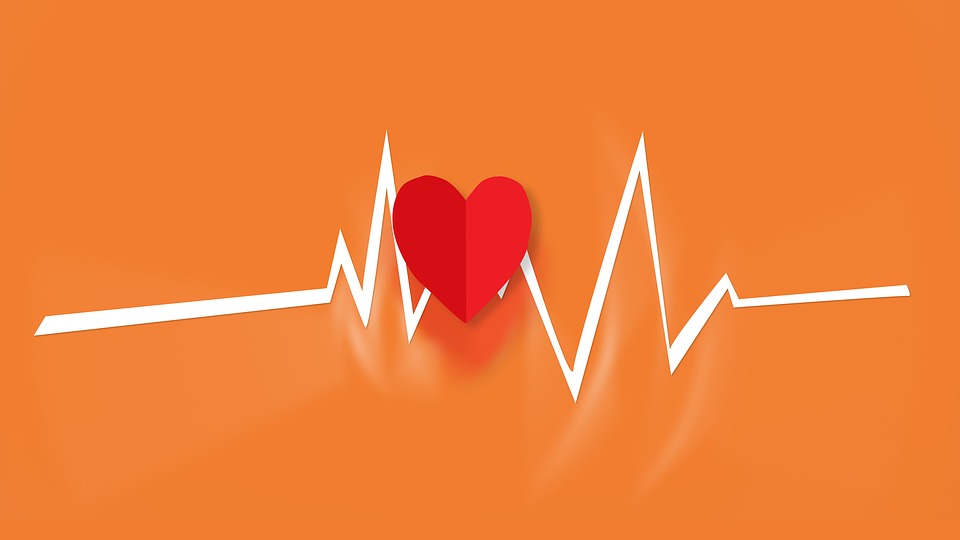
 covering your internal organs, controlling the body temperature, as well as offering a blanket that helps prevent harmful substances from getting into your body. Any skin specialist can affirm that maintenance of your skin entails drinking lots of water and applying sunscreen or moisturizers.
covering your internal organs, controlling the body temperature, as well as offering a blanket that helps prevent harmful substances from getting into your body. Any skin specialist can affirm that maintenance of your skin entails drinking lots of water and applying sunscreen or moisturizers. Stress may be the primary reason why a majority of people gain weight, suffer diabetes, get high blood pressure, nervous breakdowns and even damage DNA. Stress combined with Insomnia and obese may cause even more health issues. It is necessary for one to come up with methods to reduce stress levels. Working out, meditating, participating in health-building activities and staying organized are just but a few ways of reducing stress levels.
Stress may be the primary reason why a majority of people gain weight, suffer diabetes, get high blood pressure, nervous breakdowns and even damage DNA. Stress combined with Insomnia and obese may cause even more health issues. It is necessary for one to come up with methods to reduce stress levels. Working out, meditating, participating in health-building activities and staying organized are just but a few ways of reducing stress levels.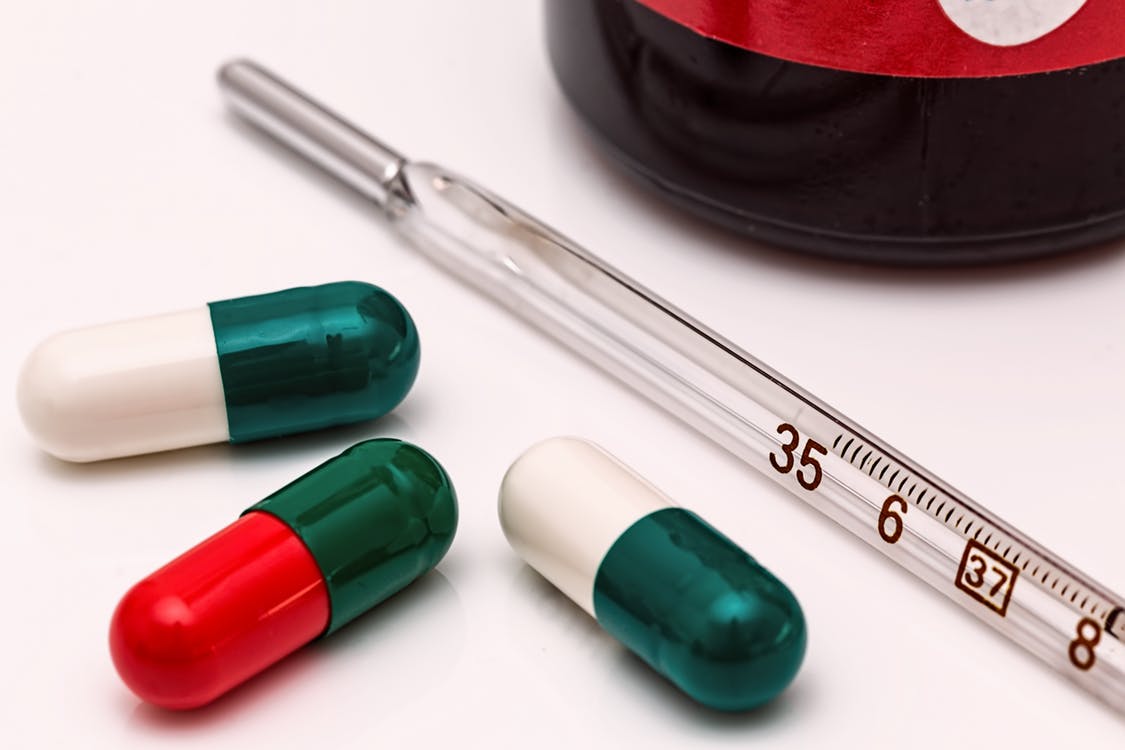
 Cold Turkey Drug Detox is also known as natural detox. It is mostly used to help those people undergoing through acute withdrawal signs. The disadvantages associated with this drug detox type is that the chances of overcoming the initial symptoms withdrawal are minimal. So unless it is used in conjunction with other types, there is a high likelihood that the addict will go back to the drugs of their choice. However, that does not mean that this type cannot be used since it also has its positive side.
Cold Turkey Drug Detox is also known as natural detox. It is mostly used to help those people undergoing through acute withdrawal signs. The disadvantages associated with this drug detox type is that the chances of overcoming the initial symptoms withdrawal are minimal. So unless it is used in conjunction with other types, there is a high likelihood that the addict will go back to the drugs of their choice. However, that does not mean that this type cannot be used since it also has its positive side. Rapid detox is a type of medical detox where the patients undergo most of the withdrawal symptoms while in an unconscious state. This is achieved by putting the patient in a medically generated comma. Once this is done, then the patient is meant to undergo through various drugs that are supposed to help them recover from the destructive drugs.…
Rapid detox is a type of medical detox where the patients undergo most of the withdrawal symptoms while in an unconscious state. This is achieved by putting the patient in a medically generated comma. Once this is done, then the patient is meant to undergo through various drugs that are supposed to help them recover from the destructive drugs.…
 burn extra calories. As such, it helps you to keep fit. Taking a faster walk as you go to work is more efficient as compared to a slow walk. However, this may make you feel tired during the first days. This may worry you, but you need not to quit because you get used to it over time.
burn extra calories. As such, it helps you to keep fit. Taking a faster walk as you go to work is more efficient as compared to a slow walk. However, this may make you feel tired during the first days. This may worry you, but you need not to quit because you get used to it over time. It is evident that walking to work helps you to save a few coins. Primarily, you do not fuel your car or pay for public means. Additionally, you do not spend on gym classes. If this is done routinely, you will notice that at the end of the end of the month you save a lot.
It is evident that walking to work helps you to save a few coins. Primarily, you do not fuel your car or pay for public means. Additionally, you do not spend on gym classes. If this is done routinely, you will notice that at the end of the end of the month you save a lot.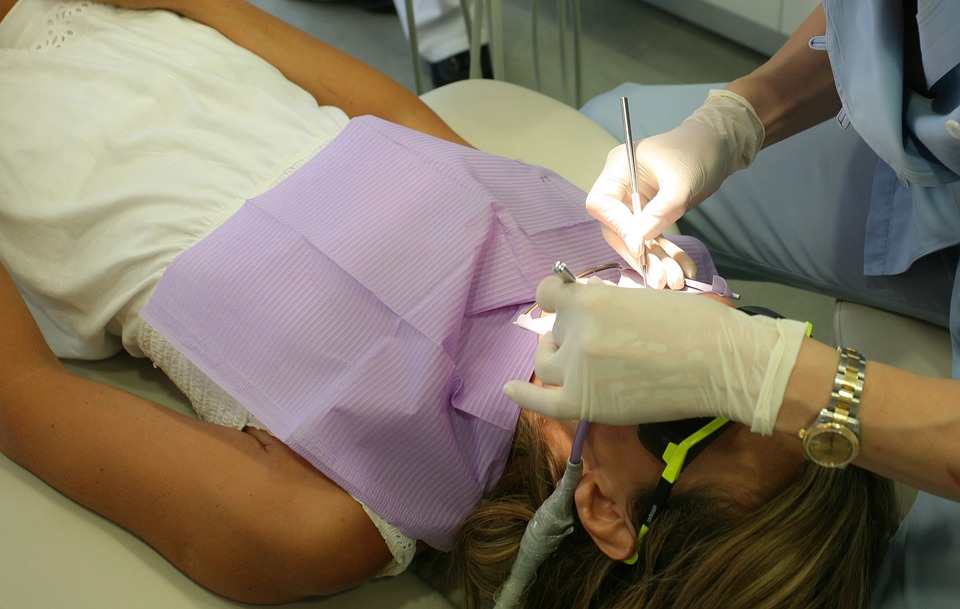

 Poor dental hygiene over an extended period will result in complex gum diseases that will eventually affect the roots of the teeth by weakening the supporting bones. This could result in losing the teeth. Similarly, the dentist will check out for cavities that will address the decaying of the teeth.
Poor dental hygiene over an extended period will result in complex gum diseases that will eventually affect the roots of the teeth by weakening the supporting bones. This could result in losing the teeth. Similarly, the dentist will check out for cavities that will address the decaying of the teeth.

 udden and severe attacks of pain at the joint of the big toes. Gout is characterized by swelling, redness, and tenderness at the affected area. It is a medical condition that should be handled by a qualified medical practitioner.…
udden and severe attacks of pain at the joint of the big toes. Gout is characterized by swelling, redness, and tenderness at the affected area. It is a medical condition that should be handled by a qualified medical practitioner.…

